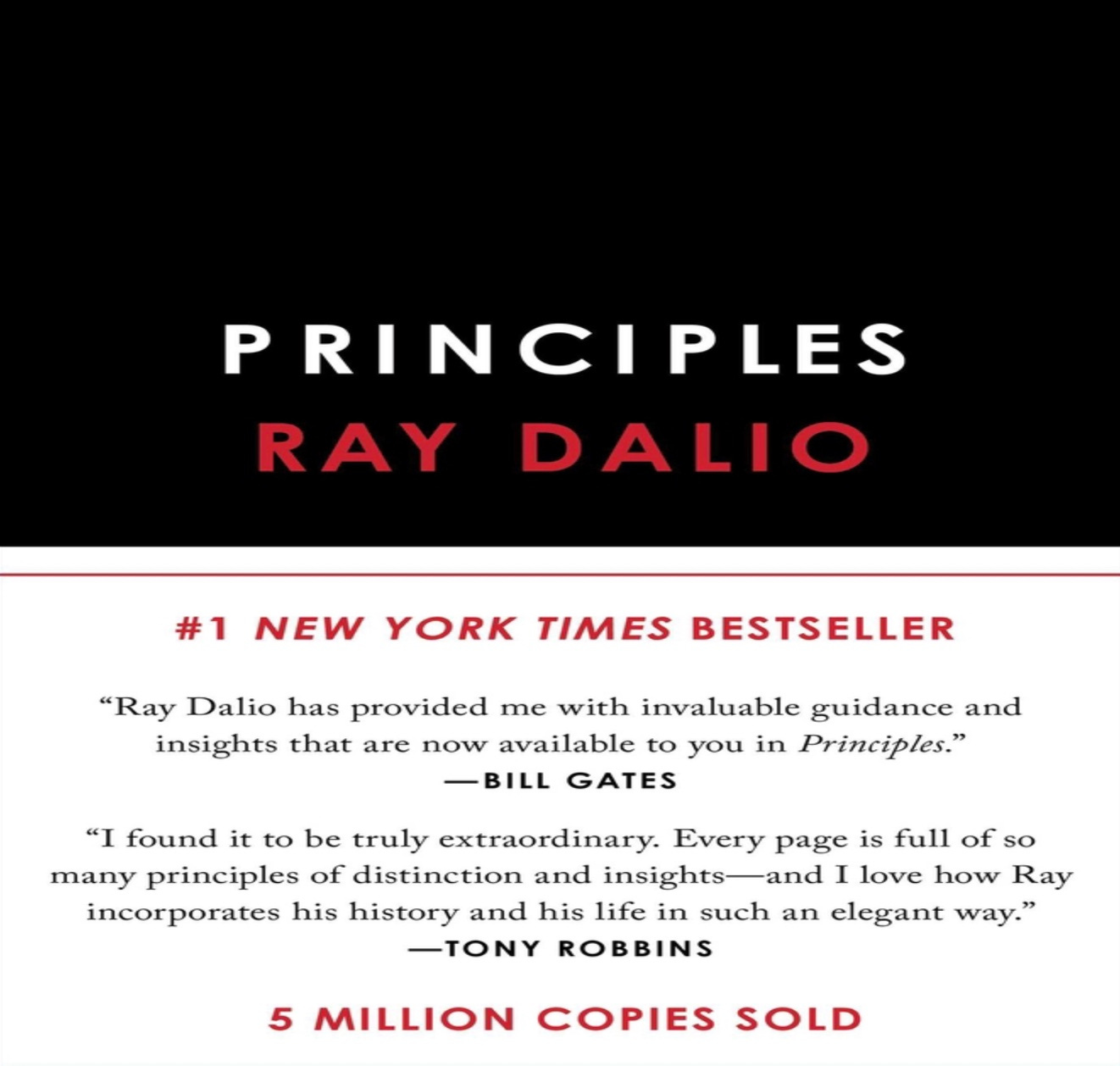History, Common Sense, and then Science
A sequential way of thinking
Mr. Skeptical pouts his lips, folds his arms, and eyes narrow on me. “I got a feeling that you’re going to act like a know-it-all in this post.”
I sigh. “All I’m saying in this post is that there are ways of looking at and believing about different things. I believe most people have it backward.”
“Backwards!”
“Yes, backward.”
“So you know better than everyone else?”
Subconscious Fat at 30,000 feet
“I’m not saying that I know more than everyone else, but I do believe in the famous quote attributed to Voltaire.”
“Common Sense is not so common.”
“I’m proposing to think of things in a sequential order. First, look at history, then at common sense or logic, and finally, at science.
Mr. Skeptical smirks. “But why keep science last?”
“I’ll get to that. But first, let’s look at why history is first. The analogy I like to use is from the story of Ray Dalio, who wrote the book Principles and is one of the wealthiest men on the planet. He studied the stock market’s history and found patterns in the stock market that predicted typical human behavior. He found that every stock market downtown had a logical explanation.”
Mr. Skeptical adds, “Isn’t that like hindsight is 20/20.”
“It is, but the more history there is, the more you learn, the more likely you’re to succeed. One reason Ray Dalio became so good at predicting stocks is he studied history.”
Subconscious Fat at 10,000 feet
Mr. Skeptical takes a sip of his sugared coffee. “Shouldn’t common sense or logic be before history?”
I take a sip of my buttered coffee. “To answer that, I like to look at communism.”
Mr. Skeptical straightens up in surprise. “You mean that political movement created by that German guy Karl Marx?”
“Yes, that’s what I’m talking about. Freidrich Engels also helped conceive some of the ideas of communism. But the point is that communism can look great on paper, meaning one could argue it’s based on common sense. But you only have to look at history to realize that communism doesn’t work, yet it can appear rational, but it doesn’t work because it goes against human nature.”

“I suppose I can’t argue with you on that one. If communism worked, the Soviet Union would still exist.”
“Exactly.”
Subconscious Fat at Eye-Level
Mr. Skeptical gets up and points at me. “But putting science last makes me think you’re anti-science.”
“I’m not anti-science at all. I simply acknowledge its limitations.”
“Give me an example where science is limited and shouldn’t come before history or common sense?”
“For one thing, science experiments must be bought, meaning it requires money. Since it requires financing, it can often be biased, leading to incorrect outcomes.”
Mr. Skeptical furrows his brow. “Okay, fine, money influences everything. But don’t peer reviews and replication weed out the bias?”
“In theory, yes. But in practice, it’s slow, political, and often incomplete. Take the food pyramid, for example. It was based on cherry-picked science funded by the grain and sugar industries. It told us to fear fat and eat six to eleven servings of bread and cereal daily. And guess what? We got fatter and sicker.”
He rubs his chin. “So you’re saying science can be corrupted?”
“Not always, but enough to matter. That’s why we need history and common sense as filters. History shows us patterns. Common sense asks, ‘Does this align with human nature?’ And science, while powerful, should come last—not because it’s the weakest, but because it needs the other two to stay honest.”
Practical Suggestions and Conclusions
Mr. Skeptical sits down slowly. “So what’s your big suggestion? Walk around with a history book in one hand and a logic puzzle in the other?”
“Ha! No. Just flip your mental order of operations. When you hear a claim—especially a big, sexy, scientific one—ask yourself three things in this order:
History: Has this worked or failed before? What does the historical record show?
Common Sense: Does this align with how people actually behave, not how we wish they behaved?
Science: Is there reliable, unbiased research supporting this—and is it reproducible?
If something passes all three tests, you’ve got something worth believing in.”
Mr. Skeptical nods slowly. “So you’re saying most people use science first, sprinkle in some logic, and ignore history completely?”
“Exactly. And that’s why we keep repeating the same mistakes, just with fancier vocabulary.”
He looks down at his coffee, swirling the sugar sludge at the bottom. “I still don’t like how smug you are about it.”
I grin. “That’s fair. But history is on my side.”
Be aware.
Other links related to this post:
The Romans Had a Technology Superior to Ours
There Are No Geniuses
Lessons from Santa
PS Links on LinkedIn, Facebook, and Instagram. Full disclosure: Chat GPT was used to research and enhance this post.






